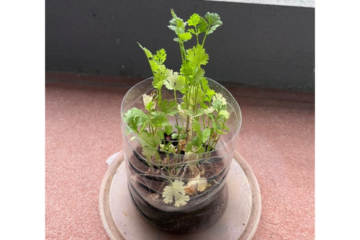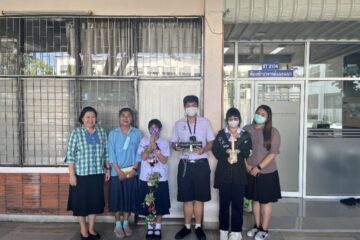This report is by AJYELN Fellow, Poonyaporn Intaphrom
Key Takeaways
Awareness of environmental issues
The workshop effectively heightened awareness about the impact of environmental issues, leaving students better informed. After the workshop, the students exhibited a comprehensive understanding of environmental issues, with a particular focus on the challenges posed by plastic bottles.
Understanding of vertical gardens
Students displayed eagerness in designing and crafting innovative vertical gardens, and were able to have more thorough understanding of vertical gardens and the challenges posed by plastic bottles.
Embracing eco-friendly habits
Students came to a realize that solutions to environmental problems are rooted in our daily behaviors.
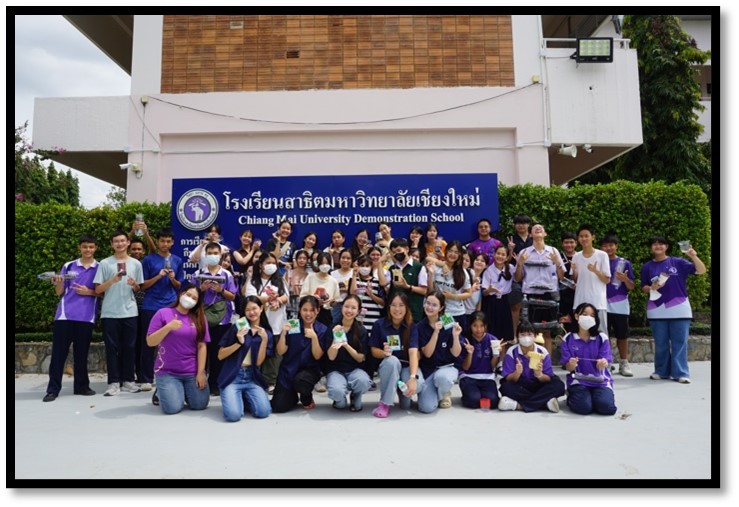
Despite Chiang Mai University Demonstration School having separate waste bins, many students seem unaware of environmental issues. Due to this, I noticed a need to raise awareness among students to help them understand these issues. The name ‘We G’ is derived from ‘VG,’ which stands for ‘Vertical Garden.’ By changing the ‘V’ to ‘We,’ emphasizing the importance of collective effort in driving meaningful change. The We G Workshop took place on Sunday, August 20, 2023, 13:00-14:30 in Chiang Mai University Demonstration School. A total of 42 students from grades 7 to 12 actively joined the workshop.
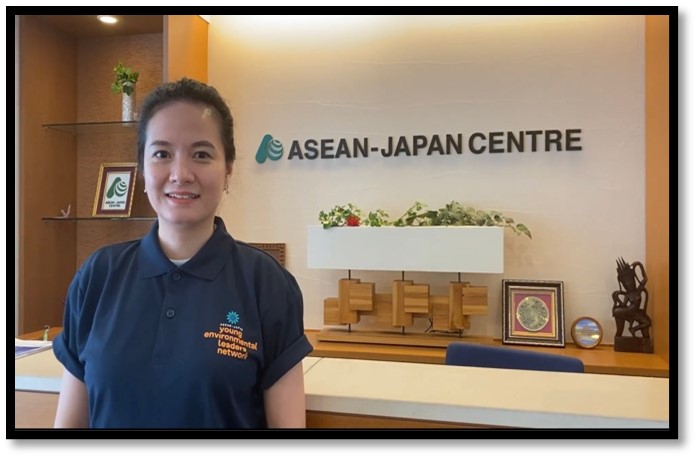
The We G workshop commenced with a warm welcome from Dr. Katrina Navallo, Programme Manager of AJYELN at the ASEAN-Japan Centre. She delivered an insightful and inspiring opening speech, providing a brief introduction to the program and acknowledging the presence of the Thailand AJYELN fellow.
The workshop was facilitated by Ms. Poonyaporn Intaphrom, AJYELN Thailand fellow, and supported by four staff members responsible for guiding separate groups and one media staff member. The participants were divided into four groups, each engaging in a 15-minute lecture titled “Vertical Garden and How to Create One”. This session focused on fostering discussions and idea exchanges regarding environmental concerns between staff and participants, which also provided guidance on crafting a vertical garden utilizing used plastic bottles.
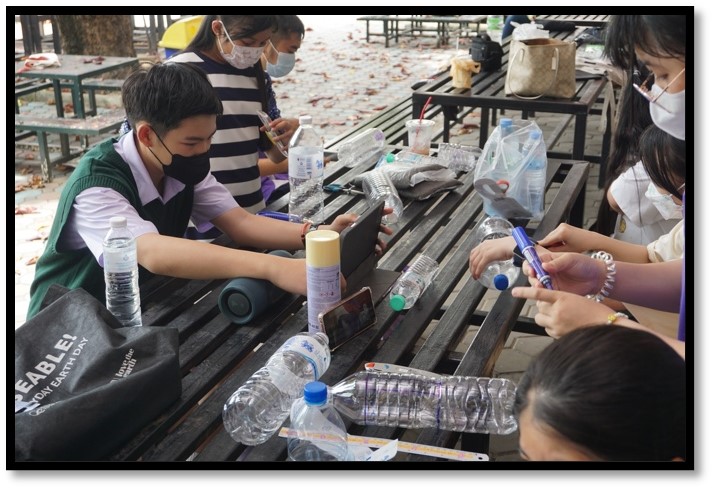
Following the lecture, participants were equipped with materials, including soil and their preferred plant seeds. This marked the beginning of the design and crafting phase of their individual vertical gardens. The creative session spanned approximately one hour, during which all participants successfully completed their unique gardens. A summarizing talk was then provided, accompanied by an interactive question-and-answer segment. Subsequently, participants were asked to provide survey feedback and to join a group photo session, capturing the memorable moments of the event.
Participant feedback
The student participants rated the workshop using a scale of 1 (lowest) to 5 (highest) on the following areas: workshop process, lecture content, and quality of activites, and sought their satisfaction and suggestions for imporvement.
- 100% of the participants responded that the workshop was informative.
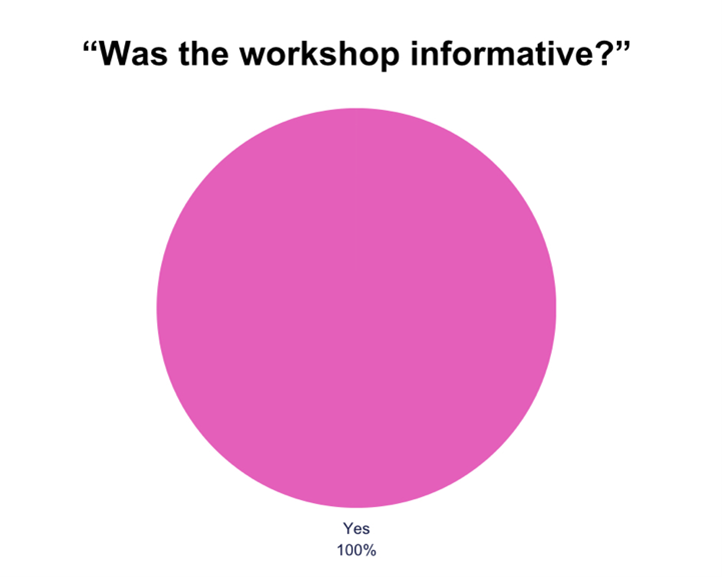
2. The average of ‘I had a good time during the workshop’ answer is 4.64 at the rating scale from 1-5 (Strongly Disagree, Disagree, Neither Disagree nor Agree, Agree, and Strongly Agree)
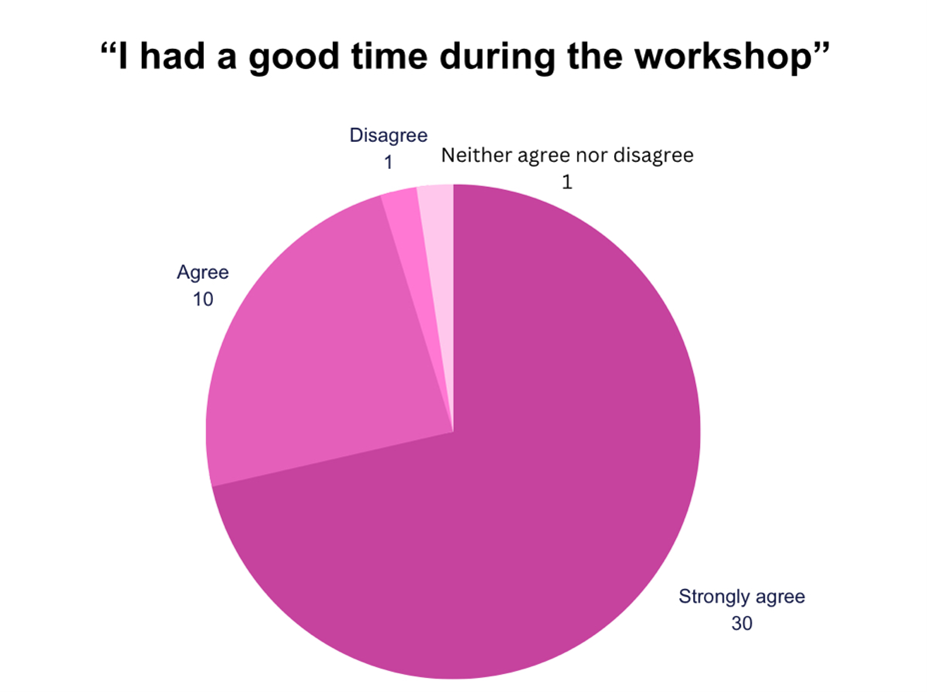
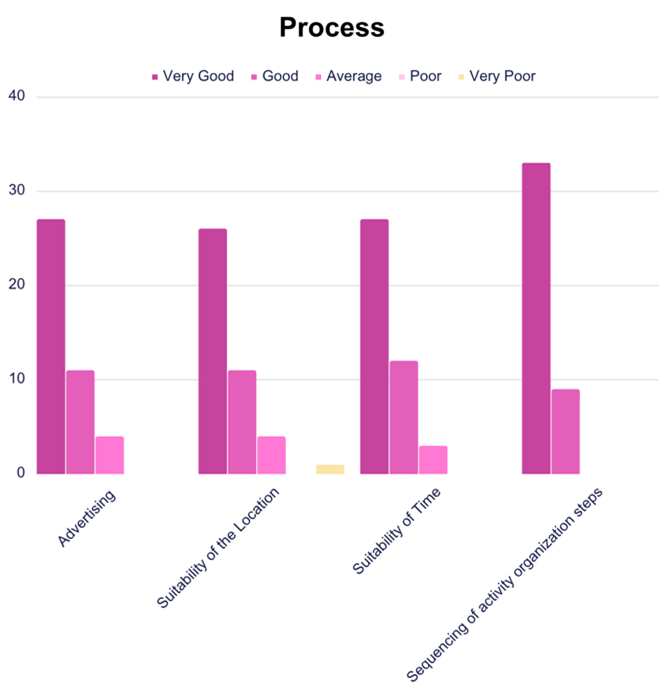
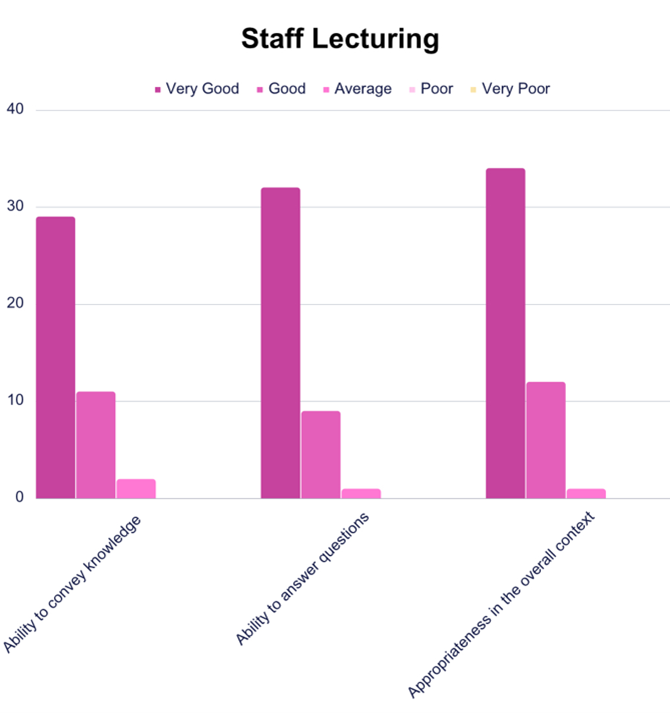
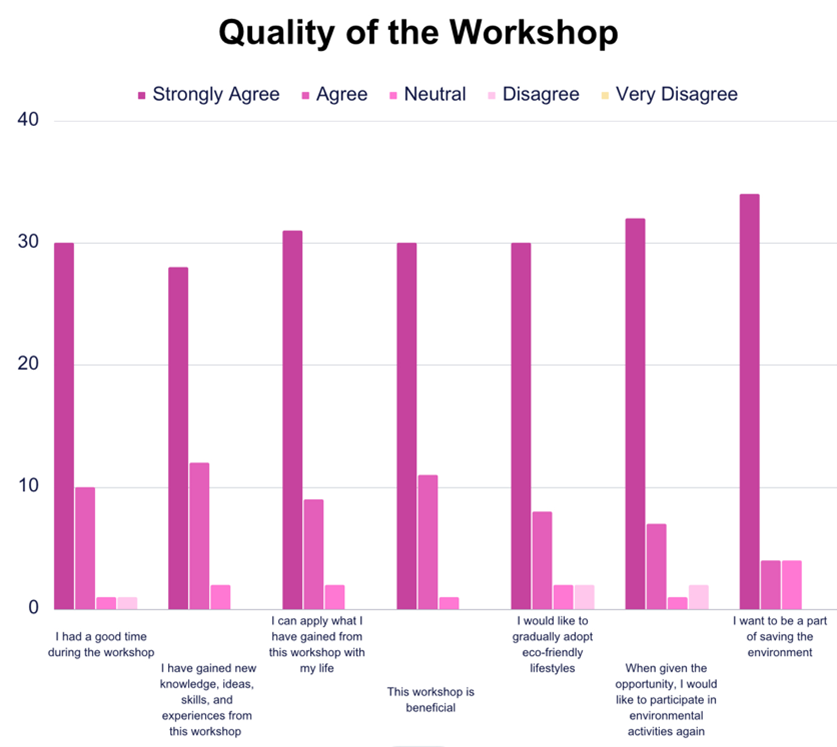
In conclusion, the workshop on Vertical Garden served as an initiative to spark students’ interest and awareness in environmental issues, beginning with the immediate concern of plastic bottle problems. Through our sessions and discussions, students gained a better understanding of environmental challenges and the readily achievable solutions.


